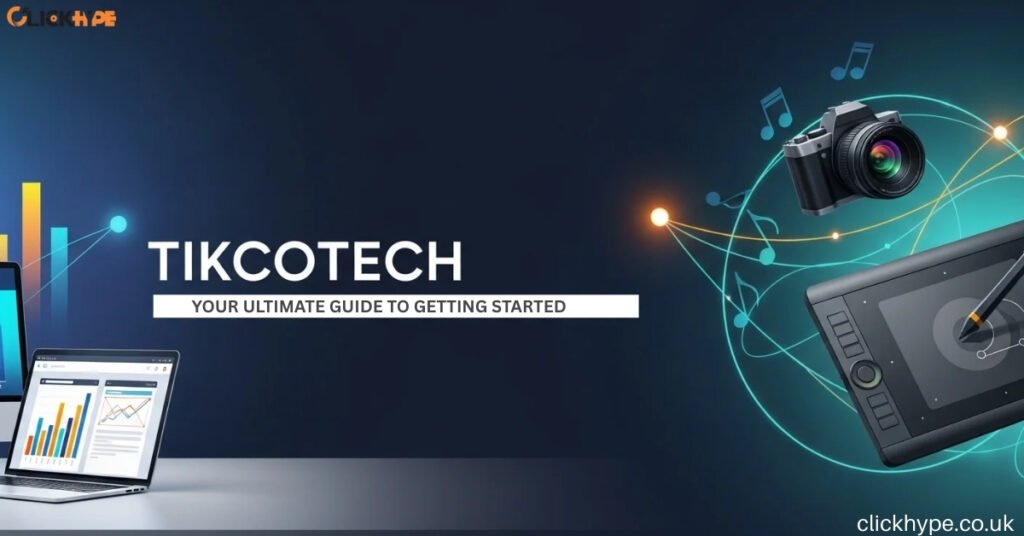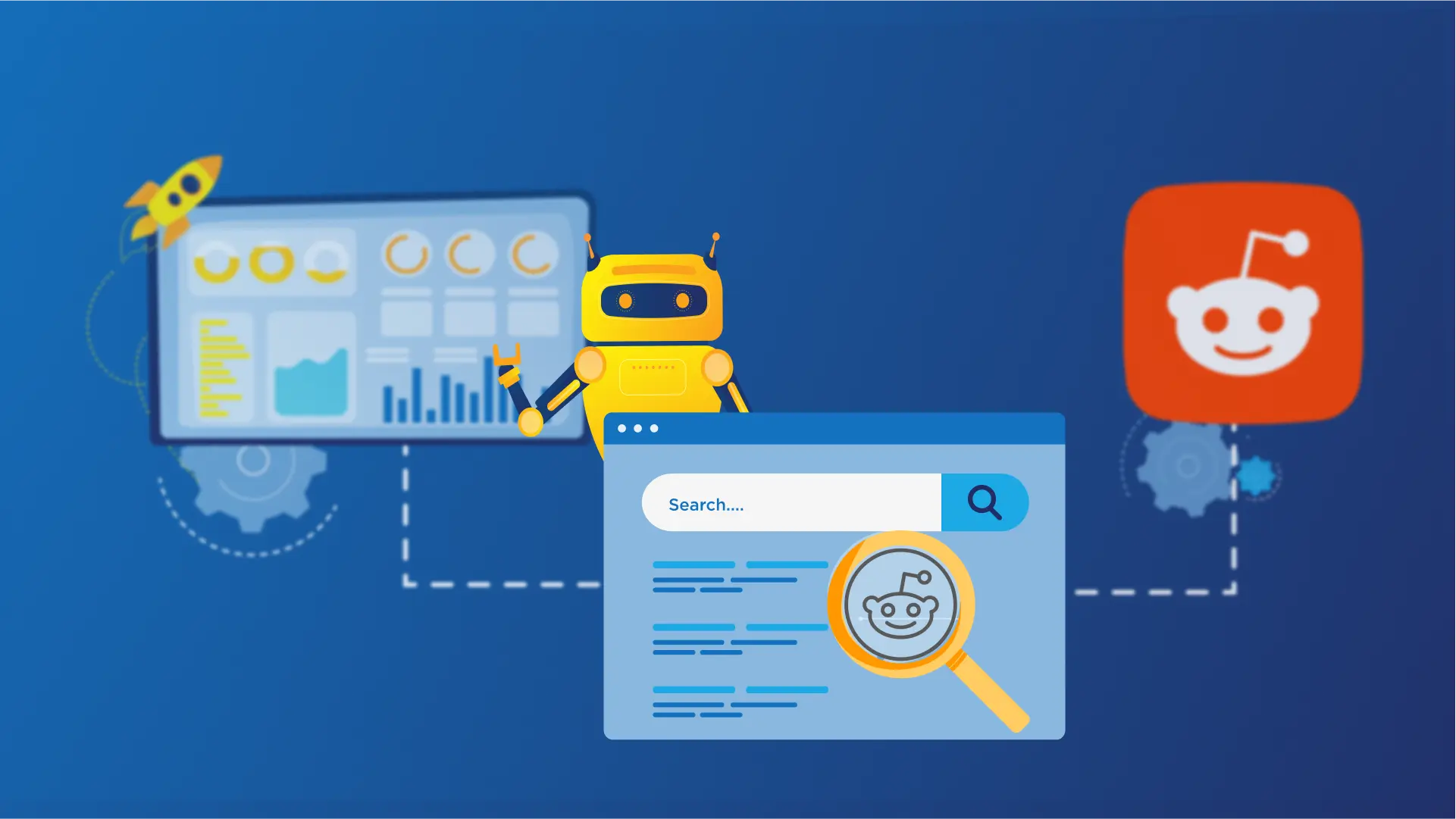Is Blogging Dead in 2025? Here’s the Truth (With Real Data)

If you’ve scrolled through Twitter, Reddit, or LinkedIn lately, you’ve probably seen the same question over and over:
“Is blogging still worth it in 2025?”
Some say AI has ruined it. Others say social media is the future. A few believe SEO is dead. But let’s cut the noise and look at the real answer, based on hard data and current trends.
Spoiler: Blogging is far from dead — but it has evolved.
🧠 The “Blogging Is Dead” Myth — Where It Comes From
People think blogging is dead because:
-
AI-generated spam floods search engines
-
Short-form video dominates attention spans
-
Old tactics like keyword stuffing no longer work
-
SEO feels “unpredictable” post-Google updates
And yes, the internet changed. But blogging isn’t dead — lazy blogging is.
📊 The Real Data (Why Blogging Still Works in 2025)
✅ 1. Search is still huge
Google processes over 8.5 billion searches per day (source: Internet Live Stats). People still search for answers — blogs are how they find them.
✅ 2. Long-form content performs better
Ahrefs found that content with 1,500+ words ranks better and attracts more backlinks.
✅ 3. B2B & affiliate blogging are growing
Affiliate marketing is projected to hit $15.7B by 2025. Many of those sales come from niche blogs with informational and comparison content.
✅ 4. Newsletter + blog = goldmine
Blogging is now part of a creator ecosystem. Smart bloggers are building audiences through blogs + email lists — then monetizing directly.
🔄 Blogging in 2025: What’s Changed?
| Old Blogging (2010–2018) | Modern Blogging (2023–2025) |
|---|---|
| Focus on quantity | Focus on value |
| Keyword stuffing | Topical authority |
| General niches | Hyper-focused micro-niches |
| One-off readers | Owned audiences (email/newsletters) |
| Monetized with ads only | Monetized via affiliates, products, services |
If you’re still following 2015 strategies, yes — it might feel like blogging is dead. But new tactics = new opportunities.
🚀 What Actually Works in Blogging Now
1. Solve Real Problems
Forget fluff. Your blog should answer a specific, real-life question.
💡 Example:
Instead of “Best apps for students,” write “7 AI tools to automate assignments (without getting caught)”.
2. Go Micro-Niche
Small audiences, big loyalty. Blog about one type of person or one type of challenge.
Examples:
-
“Minimalist solo travel for women over 30”
-
“Freelance writing tips for full-time teachers”
-
“AI tools for Etsy sellers”
3. Mix SEO with Shareability
Write SEO-focused posts that can also go viral on Reddit, Twitter, or Threads.
Blog formats that win:
-
Case studies
-
Controversial takes
-
Tool roundups
-
Data-backed insights
-
“What I learned in 30 days” content
4. Human Content Wins
AI can generate content — but humans still crave authentic stories, opinions, and experiences.
💡 Add your voice. Share personal results. Be honest. That’s how you stand out in a sea of robotic articles.
5. Monetize Smarter
Don’t rely on Adsense alone. Combine:
-
Affiliate links
-
Paid Notion/Canva templates
-
Ebooks or checklists
-
Email list sponsorships
-
Freelance or coaching services
🔥 Real-World Example
A blog in the “quiet side hustle” niche saw:
-
0 → 10K visitors in 6 months
-
4 blog posts driving 80% of traffic
-
Monetized with 2 affiliate tools + Notion templates
-
No paid ads — just Reddit + Google traffic
The blog was micro-niche, well-written, and problem-solving — exactly what works in 2025.
🧾 Final Answer: Is Blogging Dead?
No. But average blogging is.
👉 Blogging is still one of the best ways to:
-
Build authority
-
Grow an audience
-
Rank in Google
-
Monetize with digital products & affiliate links
-
Own your platform (vs renting space on Instagram/TikTok)
If you adapt, blogging is more alive than ever.










